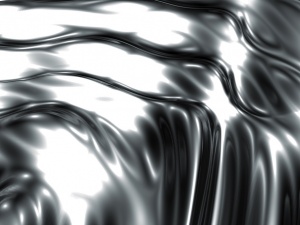Microspectroscopy on Thin Films of Colloidal Mixture Gradients for Data-Driven Optimization of Optical Properties
Abstract
Thin films comprising mixtures of different colloids provide a simple approach to materials with tunable optical properties. However, the prediction of UV–vis spectra for different compositions in colloidal crystals and glasses is difficult. The degree of disorder, for example, determines whether the optical response is dominated by incoherent scattering, coherent scattering, or Bragg diffraction. Both the volume ratio, as well as the morphology of the individual constituents, influence the properties of the ensemble, which necessitates extensive screening procedures. Here, a method for expediting such a screening approach by means of gradient colloidal crystals and glasses is shown. Continuous composition gradients, combined with local microspectroscopy, allow for the characterization of the entire composition range with high reproducibility, thereby reducing the experimental effort. This is shown for a system of spherical polymer particles with different radii. An optimum of the scattering efficiency in the visible wavelength range is shown close to the order/disorder transition at the edge of the composition range. The high-throughput screening method presented here can generate large data sets that may contribute to machine-learning-enabled optimization of self-assembled optical materials.
Full text:
Source: Schöttle et al.






